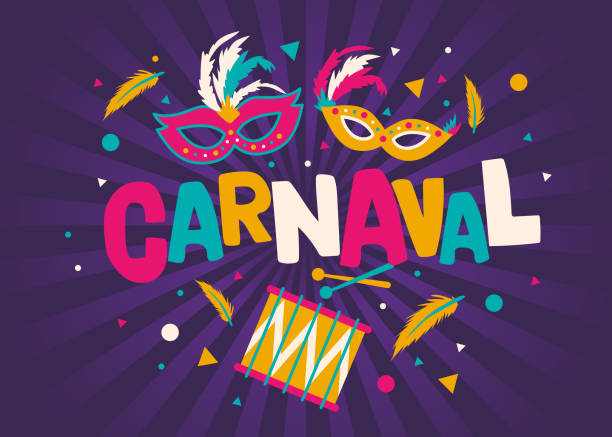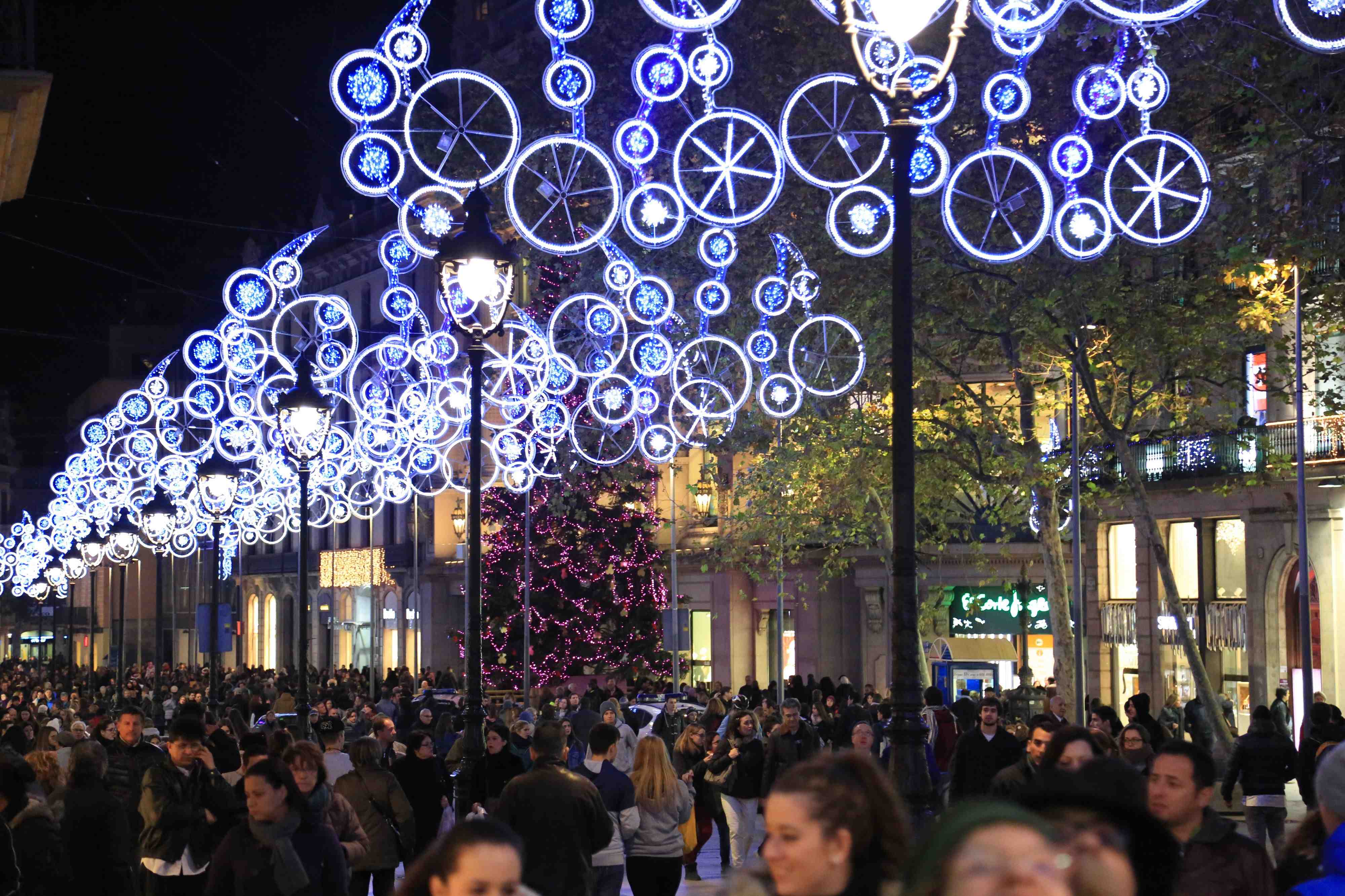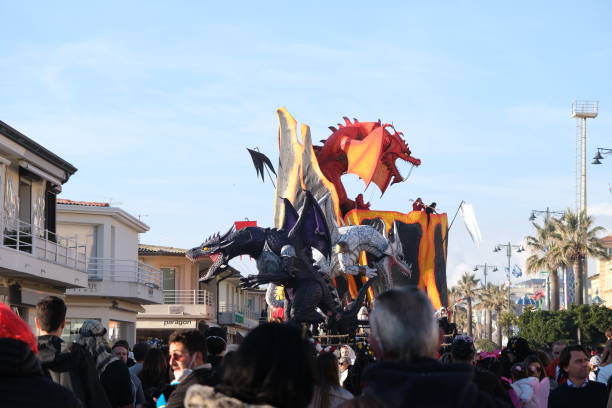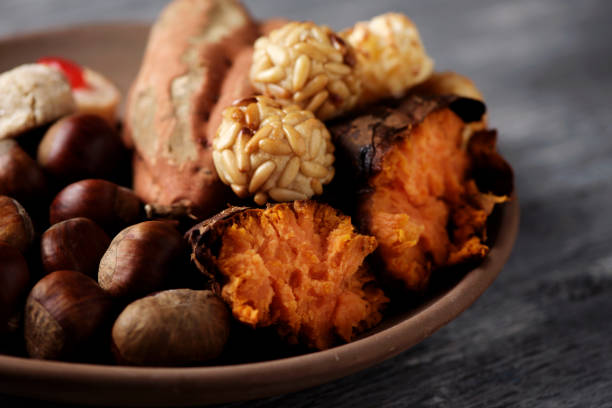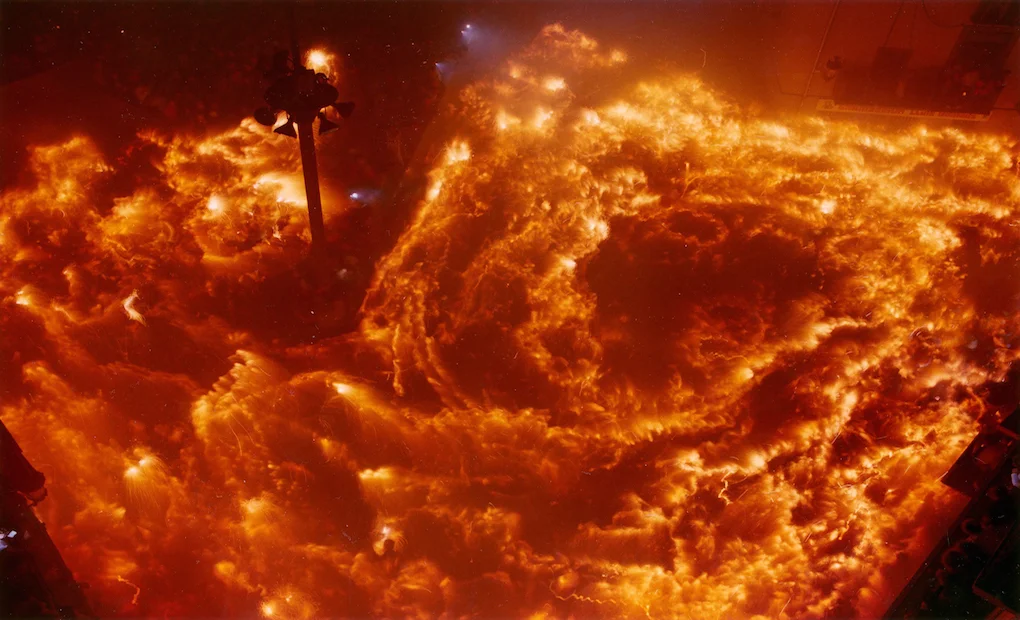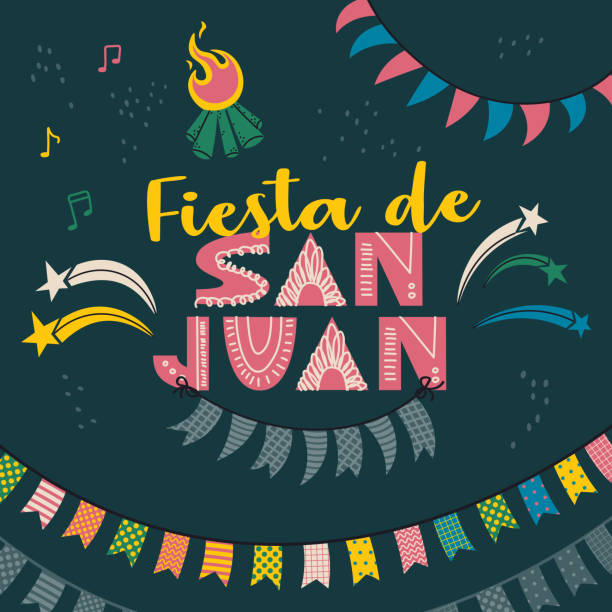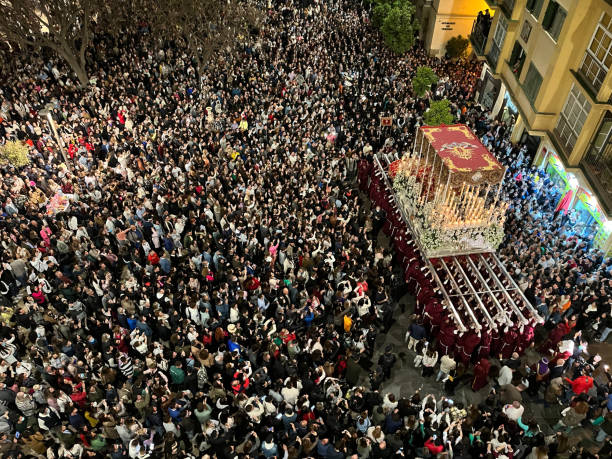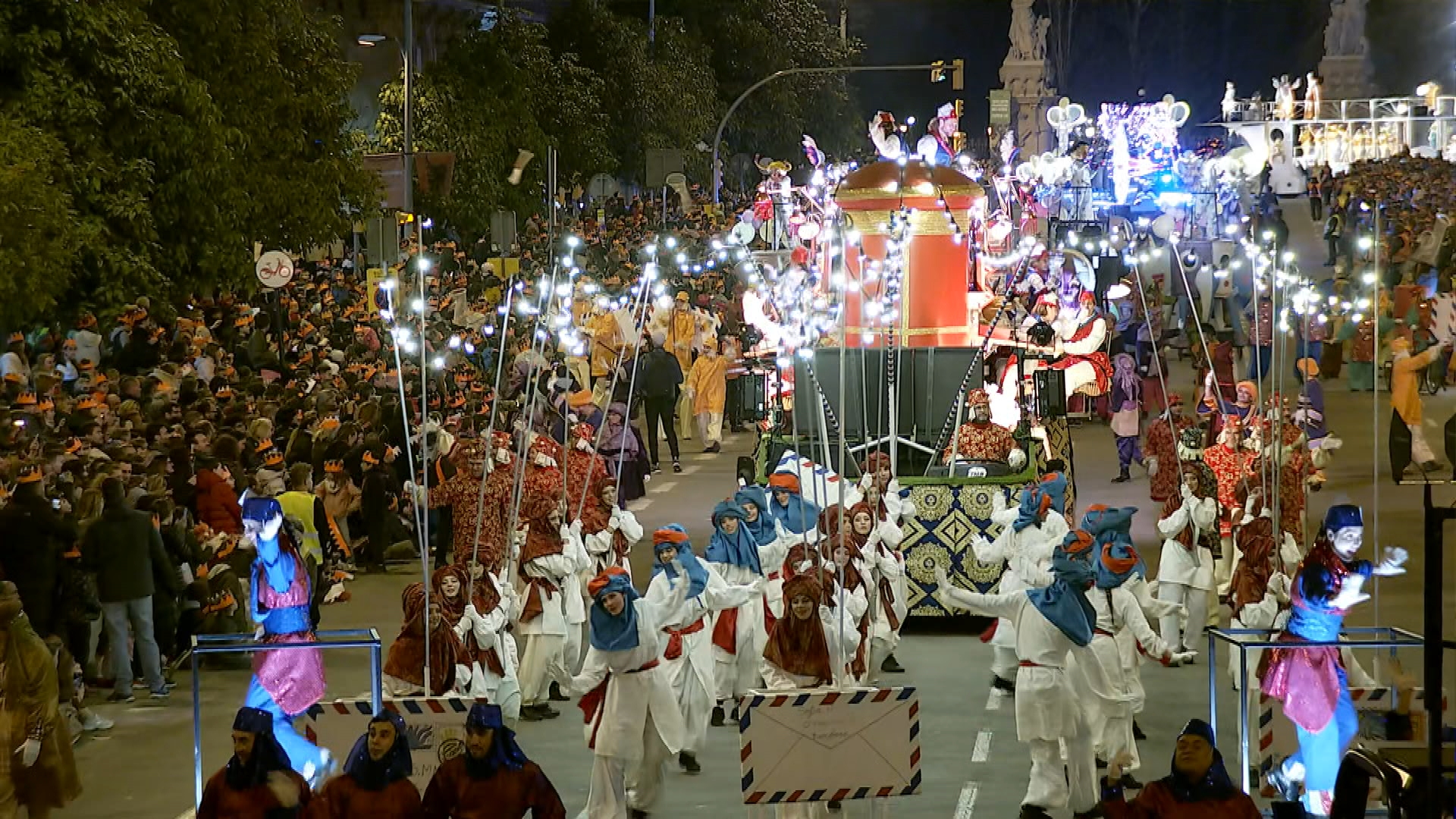BLOG > Traditions
Practices or customs passed down from generation to generation. Traditions are cultural elements that are part of the identity of a community or society, such as religious celebrations, family rituals, or folk festivals that keep cultural roots alive.
Carnaval
- Traditions
Carnival is a lively celebration held in Catalonia, featuring parades of troupes, costume contests, dances, and street parties. During Carnival, cities and towns are filled with color and joy, and people dress up in original and colorful costumes. It's an opportunity to let your imagination run wild, enjoy the festive atmosphere, and share special moments with friends and family.
See more »
Christmas
- Traditions
Christmas is a very important holiday in Catalonia, celebrated with various traditions and customs. During this time of year, nativity scenes (called "belenes") are set up, religious masses and services are held, and there are processions and Christmas music concerts. It is also customary to give and receive gifts, especially on Christmas Day and Epiphany (Día de Reyes).
See more »
Festa de Sant Medir
- Traditions
The Festa de Sant Medir is a popular celebration that takes place on March 3rd in the neighborhood of Gràcia, in Barcelona. During this festival, a colorful procession with decorated floats, music, and dances is held, and candies and sweets are thrown to the crowd. It is a joyful and fun-filled celebration that commemorates Sant Medir, the patron saint of the neighborhood and candy makers.
See more »
La Castanyada
- Traditions
La Castanyada is a Catalan holiday celebrated on October 31st, coinciding with the eve of All Saints' Day. During this celebration, families gather for dinners and share traditional dishes such as roasted chestnuts, sweet potatoes (boniatos), and panellets (almond sweets). It is an opportunity to reunite with family and friends, enjoy typical autumn food, and remember deceased loved ones.
See more »
La Patum de Berga
- Traditions
The Patum de Berga is a traditional celebration that takes place in the city of Berga, in the Catalan region of Berguedà, during the week of Corpus Christi. It is a festival declared Intangible Cultural Heritage of Humanity by UNESCO, which includes performances of dance, music, theater, and fireworks. It is a unique experience that attracts visitors from around the world to enjoy the cultural and folkloric richness of Catalonia.
See more »
Nit de Sant Joan
- Traditions
The Nit de Sant Joan is a popular celebration held on the night of June 23rd to June 24th in Catalonia, to welcome the summer solstice. During this night, bonfires are lit on beaches and in squares, fireworks are set off, and outdoor parties and dinners are held. It is a magical and festive night, full of traditions like jumping over the flames and making wishes, marking the beginning of summer with joy and enthusiasm.
See more »
Sant Jordi
- Traditions
Sant Jordi is a very special celebration held on April 23rd in Catalonia, in honor of the region's patron saint, Sant Jordi (Saint George). During this day, the streets are filled with stalls selling books and roses, and it is customary to give a rose to a loved one and a book as a symbol of love and culture. Additionally, book signings, public readings, concerts, and other cultural activities are organized throughout the region.
See more »
Semana Santa
- Traditions
Holy Week is a religious festival celebrated throughout Catalonia with processions and ceremonies commemorating the Passion, Death, and Resurrection of Jesus Christ. During this week, numerous religious and cultural activities take place, including processions with religious floats, sacred music concerts, and theatrical performances. It is an opportunity to reflect on the spiritual meaning of Holy Week and participate in the religious traditions of the region.
See more »
The Cavalcade of the Three Kings
- Traditions
The Cavalcade of the Three Kings is a traditional celebration that takes place on January 5th in Catalonia, coinciding with the eve of Epiphany (Three Kings' Day). During this event, the Three Wise Men arrive in cities and towns in colorful parades, riding on decorated floats and accompanied by musicians, dancers, and other characters. It is a highly anticipated occasion, especially by children, who gather on the streets to watch the procession and receive sweets and gifts from the Three Kings.
See more »
